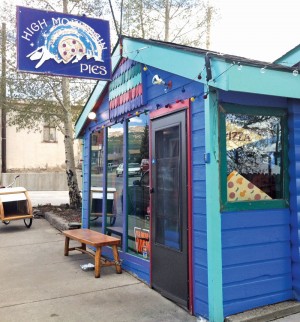Kings of Colorado
by David E. Hilton
Simon & Schuster, 2011
ISBN: 978-1-4393-8383-0
$14.00, 276pp.
Reviewed by Eduardo Rey Brummel
One Chicago evening, William Sheppard’s father, drunk and two hours late to dinner, goes into another rage, this time, over the cold food. In defending his mother, thirteen-year-old Will stabs his father twice with a Davy Crockett Explorers pocketknife. His father is sent to the hospital. Will is sent to Swope Ranch Boys’ Reformatory, an hour’s drive over rocky and rutted mountain roads from Gunnison, Colorado. The business of Swope Ranch is two-fold: breaking wild horses, and breaking wild boys.
You don’t need to be a child psychologist to know young boys can be horrifically cruel to one another. Much of this novel tells of the violence inflicted among the residents of this reformatory, isolated in the Western Slope backcountry. The horrors administered are aided and abetted by the unique options at the boys’ disposal, such as the contents of stables, and the tools used for breaking and riding horses. The guards encourage much of this brutality, whether implicitly, by turning a blind eye, or explicitly, by the placing of bets.
Still, there are moments of relative peace. A group of boys take Will in. Together, they become family for one another. The days take on a routine, which offers at least token comfort and security. Eventually, Will becomes one of the horse-breakers, who are held with highest regard at the ranch.
However, near the end of his two-year sentence, the ranch nurse tells Will his mother has died. Realizing she’s made him feel he didn’t save his mother after all, she gives these words of wisdom and warning:
We carry these things with us, child. People say places be haunted, but pay no mind. It’s us that’s haunted. We carry around our own spirits. We haunt ourselves with the past. Shame is my ghost, baby. Don’t let it be yours. … It eats at you till you can’t hardly remember why you do what you do in this world. These things are meant to be left behind.
Of course, shame, and other things, and other people persist in haunting Will, long after he’s released to the outside world.
This first novel by David E Hilton rewards second readings – he so deftly lays layers of story and subtly places symbols. The effect upon rereading is a stunning one, when details previously read as innocuous arise from the flat pages because you’re able to recognize them for what they’ll become. He follows John Irving’s dictate that you tell your story in the first chapter, yet keep the reader from realizing that until the end.
Like the enchanting meal that lingers on your tongue into the following day(s), this story is remaining with me. I’m haunted by the characters. And they may not be simply the spirits and ghosts of my own making. g
Eduardo Rey Brummel has seen enough of horse wrangling to make him glad he’s never had to do it.


